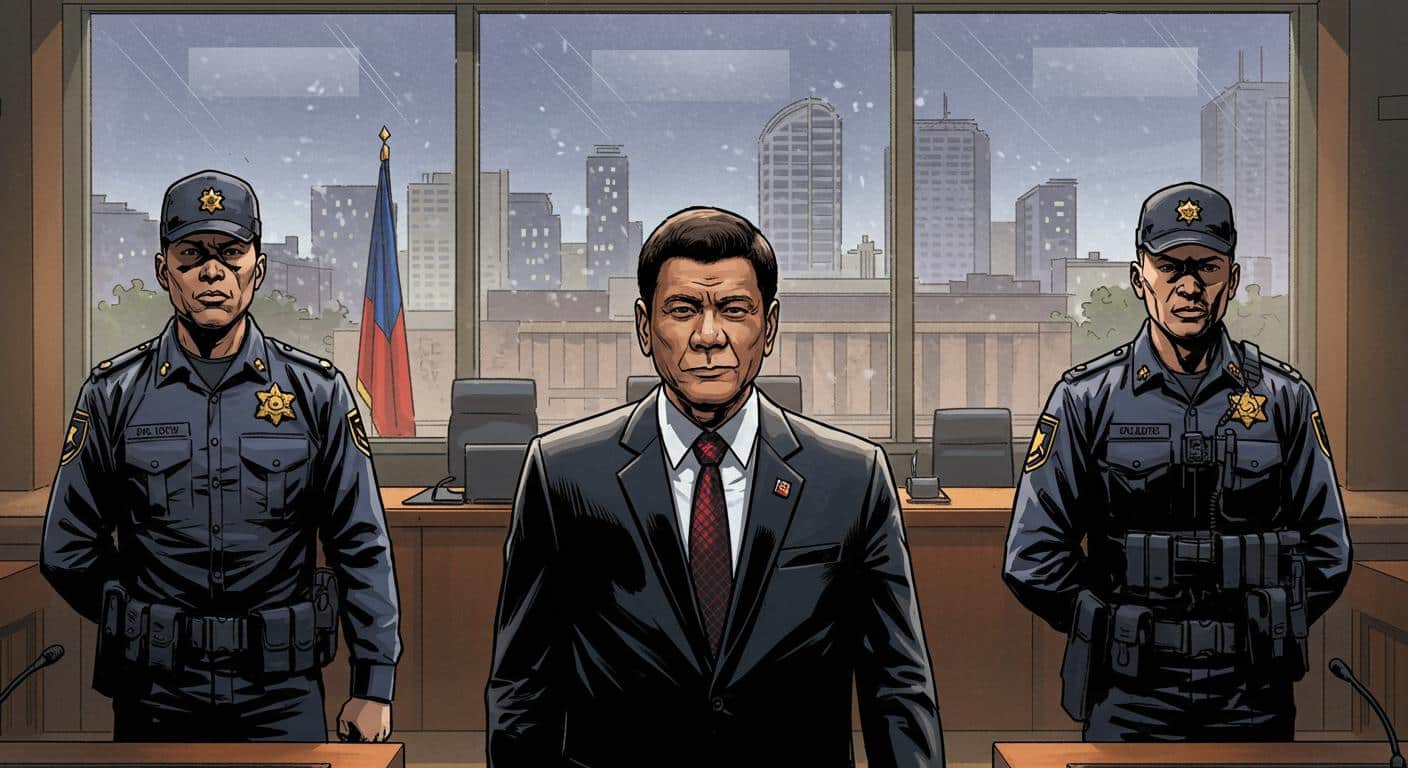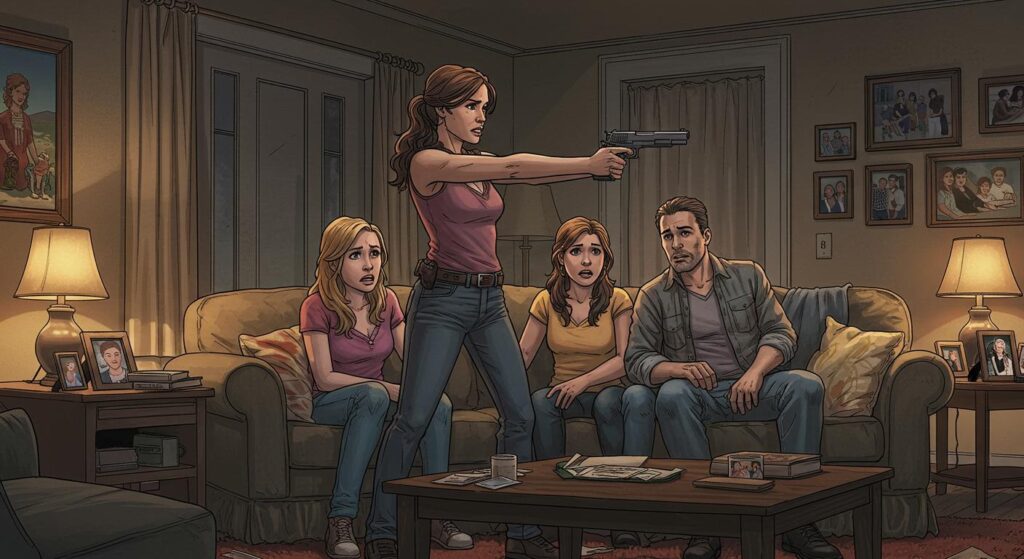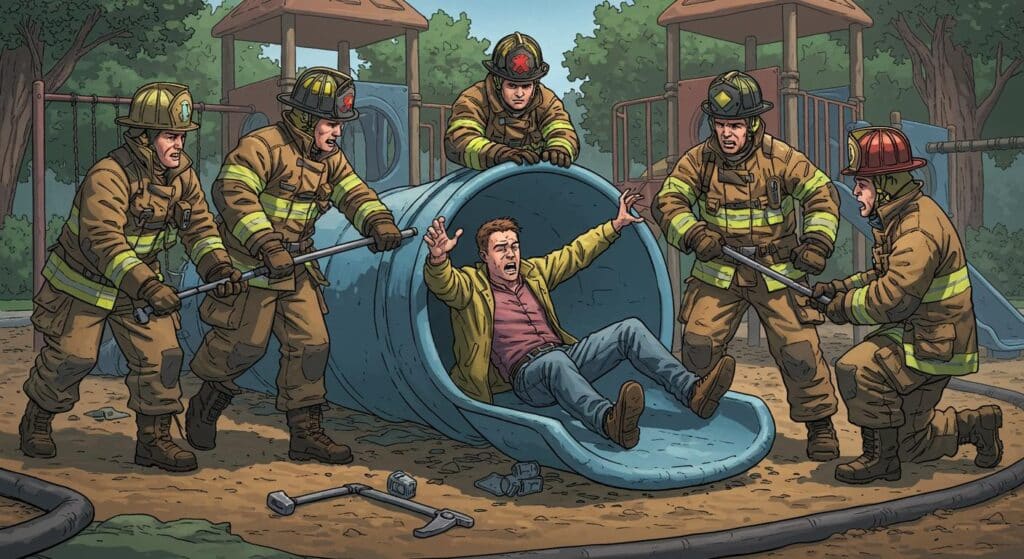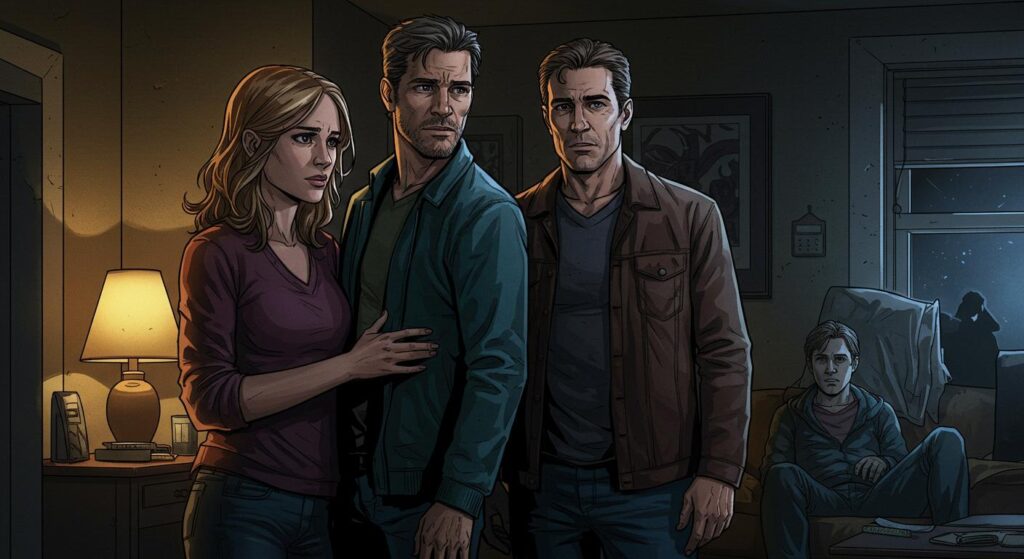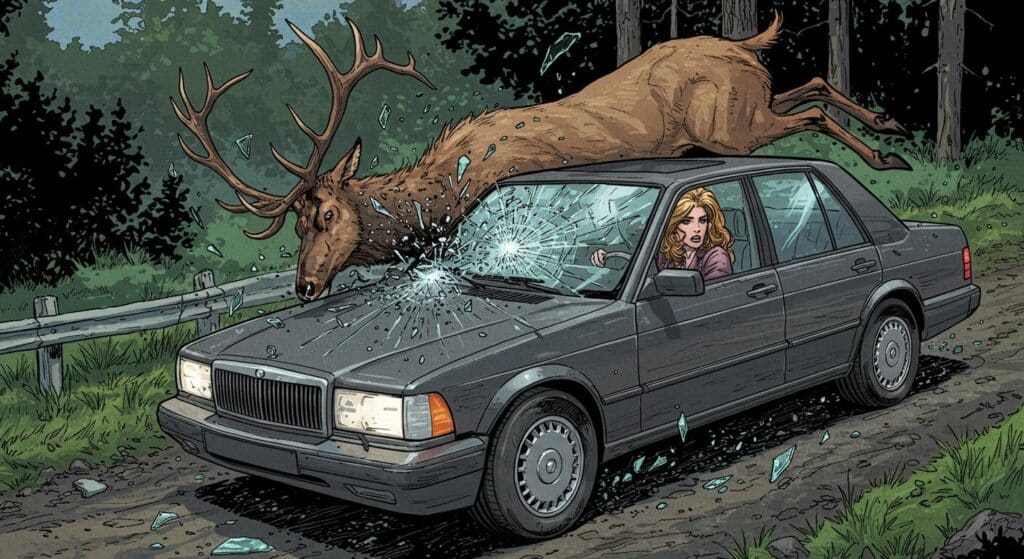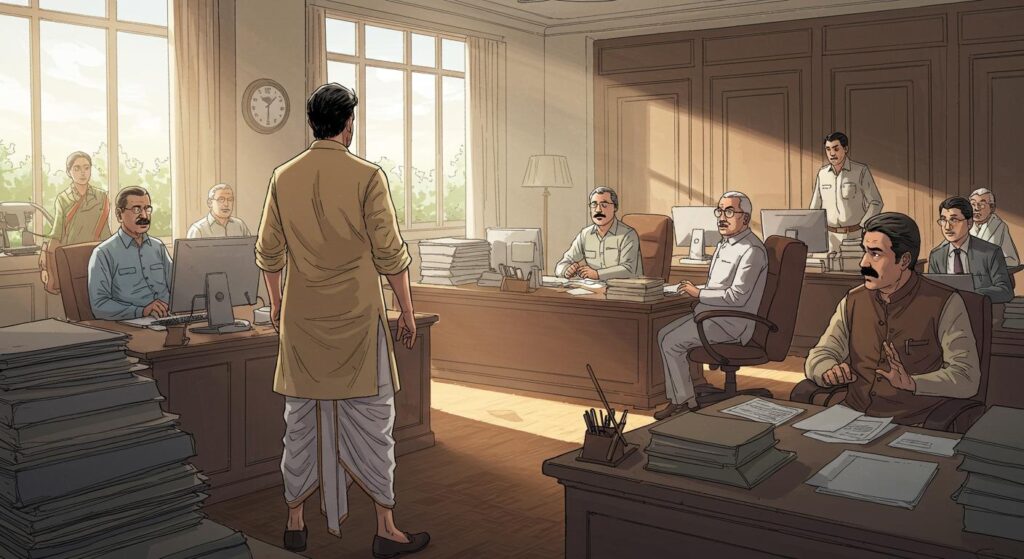It’s not every day you find a front-running mayoral candidate busy prepping for his possible eighth term from—of all places—a detention cell in The Hague. Yet, as CNN reports, that’s the precise situation facing Rodrigo Duterte, the 80-year-old former President of the Philippines and longtime Davao City strongman, who currently resides some 7,000 miles from the thrumming campaign trail of his hometown. His not-so-voluntary European holiday: custody at the International Criminal Court (ICC), pending a trial for crimes against humanity tied to his internationally notorious war on drugs.
It feels strangely on-brand for the Philippines’ most controversial political clan, where the line between local election drama and international legal spectacle is, apparently, thinner than a city councilor’s campaign promise.
Local Politics on International Hold
Duterte, still a household name in Davao after dominating city politics for decades, remains eligible for the mayoral ballot. As documented in CNN’s report, Philippine law only bars candidates with a local criminal conviction from seeking office; international legal troubles don’t disqualify a would-be mayor. The irony writes itself: as thousands of Davao residents prepare to vote on his next turn as mayor, the candidate himself is continents away, facing charges that stem, in part, from policies he implemented during his previous stints in both local and national government.
The ICC trial, centered around Duterte’s war on drugs—a campaign that, according to police data cited by CNN, left 6,000 people dead (with rights groups claiming the toll could be as high as 30,000, many under highly murky circumstances)—isn’t exactly a non-issue for Davao politics. Paradoxically, polling firm director Cleve Arguelles told CNN, the core support for Duterte in Davao appears steadfast, or even invigorated, by his high-profile arrest. So, we find ourselves in the rare territory where being detained at the ICC functions as a kind of campaign badge, at least among certain parts of the electorate. It’s the sort of plot twist that would be rejected by most screenwriters as too implausible.
The Dutertes: A Family Affair
According to MindaNews, the choreography of a possible Duterte victory is both a history lesson and a civics experiment. If Rodrigo Duterte is elected but cannot “immediately qualify” for office—meaning he cannot take the oath of office because, quite inconveniently, he’s detained in The Hague—then the vice mayor steps up as acting mayor. In this election, that vice mayoral candidate is his son Sebastian, who’s currently the incumbent mayor. This process, as confirmed by the Commission on Elections (Comelec) and explained by its chair George Garcia, is straightforward under Philippine law: when a local chief executive can’t assume office, the vice mayor serves as acting mayor.
MindaNews goes on to outline that, in the event both father and son find themselves out of the count (should Sebastian move up or the mayoralty remain in limbo), a newer Duterte faces an expedited political apprenticeship: Rodrigo II (Rigo), a first-time candidate for city council, is being pushed as the top councilor, primed to fill any subsequent vacancy as acting vice mayor. Barangay tarpaulins around Davao, as MindaNews notes, urge voters to “Make Duterte, Rigo first,” further reinforcing the family relay. So yes, at family gatherings, the Dutertes really do need name tags—or maybe flow charts.
It’s almost hard to keep up: this campaign includes Rodrigo for mayor, Sebastian for vice mayor, Paolo for first district representative, Omar for second district representative, and Rodrigo II for first district councilor. Even their preferred party-list, Pwersa ng Pilipinong Pandagat (PPP), features a Harold Duterte as first nominee. If nothing else, the clan’s commitment to ballot domination is, at this point, an endurance sport.
Dynasties, Dissent, and Detention
CNN also observes that no Philippine story of local intrigue would be complete without mention of rival dynasties—in this case, the Nograles family. Karlo Nograles, described by the outlet as a recurring Duterte rival, is running against the elder Duterte for mayor, while Margarita Nograles is challenging Paolo Duterte for a congressional seat. The persistent tug-of-war between these families turns election ballots into genealogical projects.
Layered atop the city’s dynastic politics is a national drama. CNN reports on the feud between Vice President Sara Duterte, daughter of the patriarch, and President Ferdinand Marcos Jr.—a conflict festooned with allegations of corruption, impeachment talk, and pointed remarks about who exactly is the “problem” in Philippine politics. Sara Duterte has publicly denied any wrongdoing, pushing back against what she frames as political mudslinging and alluding—perhaps not so subtly—to the dynamics with the Marcos camp.
Further muddying the waters, Paolo Duterte and his bodyguards found themselves at the center of a nightclub altercation, as highlighted by CNN. Video evidence of the brawl has been circulated on social media, though Paolo claimed in a statement that the footage was “taken a very long time ago.” Meanwhile, campaign rallies, pro-Duterte Facebook posts by supporters, and rainy-day speeches by other Dutertes add yet more embellishments to the family’s ongoing public spectacle. The whole affair reads like a political telenovela, except, inexplicably, nothing is fictional.
Technicalities and the Theater of the Absurd
Delving deeper into the legal mechanics, MindaNews details the procedural uncertainty around swearing in a mayor who’s not physically present. The outlet reports that the Comelec’s chair, George Garcia, said proclamation in absentia is clear-cut (even for someone detained abroad), but the oath-taking venue is open to interpretation. Some legal experts cited by the outlet, such as Antonio Arellano of the University of Mindanao, suggest the key requirement is the legal capacity of the oath-administering official, not necessarily the location—leaving open the prospect of Duterte being sworn in remotely, perhaps even via Zoom, so long as the proper authority is present and the ICC is notified.
It’s a scenario almost built for modern irony: a newly elected mayor, projected onto a Davao crowd via international video link, symbolically donning the sash of office while unable to leave his Dutch detention facility. Is this the municipal equivalent of Schrödinger’s mayor—simultaneously present, elected, and detained? Or just another oddity in the storied annals of political workaround?
And with the mayoral runner-up poised to step in should Duterte be unable to take his oath (as both CNN and MindaNews report, Karlo Nograles is projected to benefit if the process can’t be completed from abroad), succession planning feels less like a safeguard and more like another act in an ever-spiraling drama.
An Eighth Term, A World Away
Zooming out, the Dutertes’ ability to turn family succession into a kind of public performance seems both impressive and exhausting. Between international criminal proceedings, social media loyalists, opposition families, and campaign posters with ever more Dutertes, the election’s contours are almost dizzying. The entanglement of legal ambiguity and dynastic maneuvering has even longtime election watchers, like analyst Ramon Beleno (quoted by CNN), pondering the durability of the clan’s hold—especially in light of the patriarch’s age and health.
And yet, Davao’s electorate continues to lean in, perhaps comforted by the relentless familiarity of a Duterte on the ballot, or simply resigned to a system where, even in absentia, the family dominates proceedings. Public sentiment, as reflected in CNN’s interviews with voters like Ian Baldoza, reveals a blend of nostalgia, pragmatism, and an appetite for “strong leadership”—whatever the legal technicalities.
One almost wonders, as The Hague and Davao race to outmaneuver each other in scheduling and logistics, whether this chapter reads as cautionary tale, tragicomedy, or perhaps a uniquely Filipino strain of realpolitik. Is the system resilient, or have local traditions simply learned how to wriggle through any possible loophole?
Whether a partial victory for international justice or an encore for dynastic improvisation, Duterte’s saga offers a rare point where the bizarre and the bureaucratic meet head on. What exactly does “business as usual” mean when city government is planned from a detention cell?
Given the cast of characters and the scripts they seem determined to follow, it seems Davao—and the history books—will soon find out.

